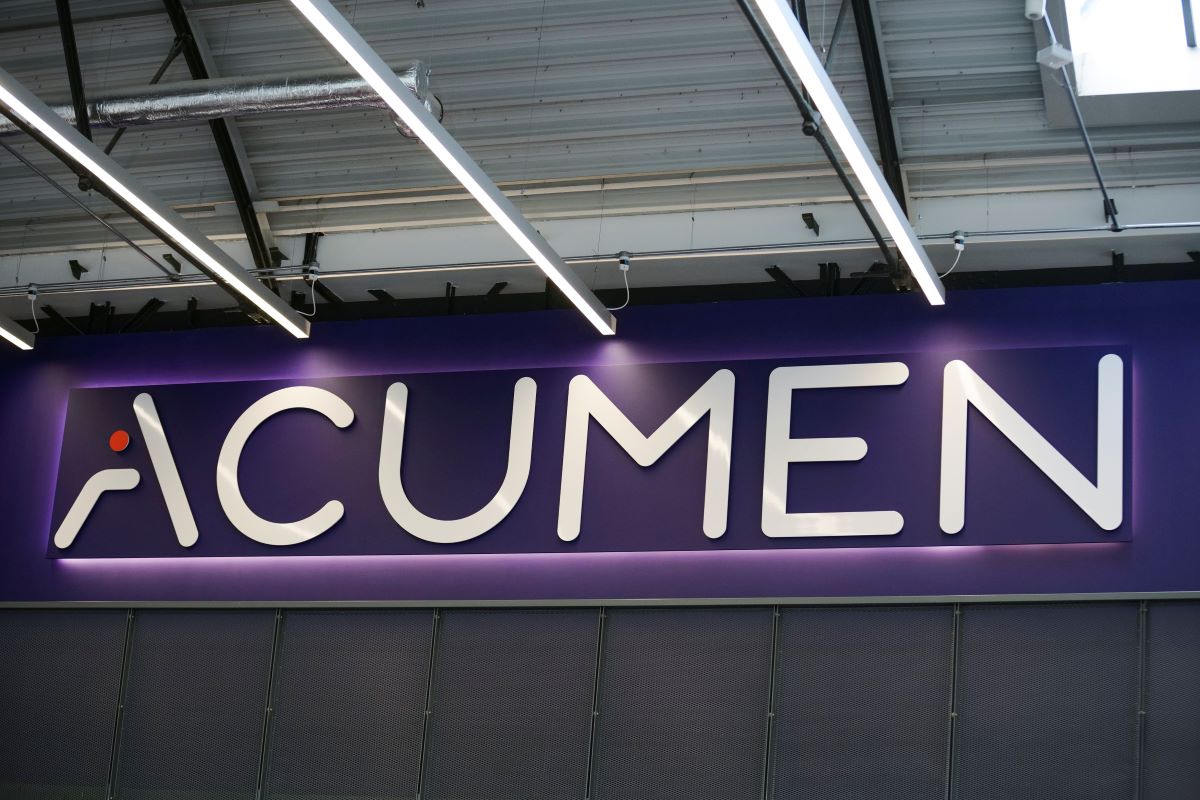Why Skills Beat Degrees in Today’s Job Market

Sultan from Beamery explores the growing importance of skills over traditional degrees in today’s rapidly changing job market. It discusses how education systems must adapt to prepare students for future careers, emphasising the need for transferable skills, lifelong learning, and a more flexible, interdisciplinary approach to education.
The Changing Landscape of Employment
We are in the midst of a rapid economic and societal change that is making one thing clear: traditional academic credentials are inadequate to prepare students for the world of work. Most employers are already hiring for skills rather than traditional degrees – gone are the days when a degree guaranteed you a job in your chosen field.
In fact, so many professions are already impacted by recent technologies that within just five years, one in two jobs is expected to require different skills and qualifications from today. This means that education systems need to adapt now in order to help people understand this change, and to allow them to develop the skills and mindset they need to prepare for the jobs of tomorrow.
The Gap Between Industry and Education
Top employers have already taken this forward-looking approach to skills to train their employees, with many now using internal skills “GPS” systems that help their people identify what skills to develop and courses to take, in order to navigate and progress their careers. The broader education system is, by contrast, like using a ‘paper map’ to find what to study and how to find work – you don’t know where you are today or how your studies will help you navigate towards your goals.
Simply put, to be employable in today’s job market and to make choices on the best things to learn, students need help understanding what transferable skills they should focus on, and how what they study today can enhance their potential to find employment in the emerging landscape of work. The question is, are our education systems and students ready to pivot?
The Role of Universities in Transformation
Universities have a vital role to play in this transformation. The classic model of cramming subject-specific knowledge is due for an upgrade. Imagine an education system that prioritises critical thinking over rote memorisation and that encourages rapid learning as new information emerges. By fostering an environment where lifelong learning is the norm, universities can equip students with the resilience to thrive in any industry.
Educational institutions should consider integrating interdisciplinary courses that allow students to explore various fields and discover how different domains intersect. Skills like problem-solving, communication, and collaboration are universally valuable and can be applied across industries. By shifting towards a more flexible, skills-oriented focus, universities can better prepare students for the realities of the modern workforce.
Economic Implications of a Skilled Workforce
This isn’t just good news for students and educational institutions; it’s a win for the economy at large. A workforce that’s adaptable and innovative fuels economic growth. With the rise of technologies like no-code platforms, the barriers to entry in tech are lowering. This democratisation means that skills like creativity, problem-solving, and adaptability aren’t just nice to have – they’re essential. Even in tech roles, it’s the human touch that makes the difference.
The Rising Importance of Soft Skills
Advancements in technology also highlight the importance of soft skills. As automation takes over routine tasks, human abilities like emotional intelligence, leadership, and strategic thinking become critical differentiators. Companies are realising that while machines and algorithms can process data, they can’t replicate human ingenuity and empathy.
Embracing a Skills-Based Future
So, what’s the takeaway? It’s time to rethink what we value in education and employment. Skills are the currency of the future, and both students and universities need to catch up. By embracing a skills-based approach, we’re not just preparing for the next job – we’re gearing up for a lifetime of opportunities in an unpredictable world.
The shift towards a skills-based educational model isn’t just a trend; it’s a necessary evolution. By valuing adaptability, continuous learning, and a diverse skill set, we prepare not just for the jobs of today, but for the industries of tomorrow. It’s time for students, universities, and employers alike to embrace this change and work together to build a more dynamic, innovative future.
Let’s equip ourselves – and the next generation – with the tools to navigate whatever comes next.
By Sultan Saidov, Co-Founder and President of Beamery











Responses